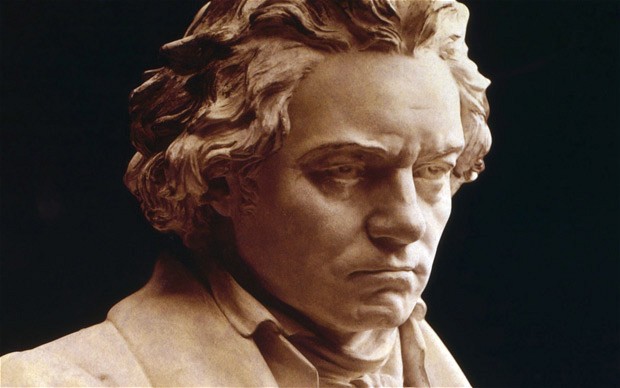Beethoven’s Fifth Symphony
Can you imagine how shocking the opening of Beethoven’s Symphony No. 5 in C minor, Op.67 must have been for audiences at the first performance in 1808? While the classical style of Mozart and Haydn was rooted in elegance and balance, Beethoven made the orchestra growl. There’s a sense of struggle, as if he’s impatiently pushing the classical orchestra to its limits. The entire symphony springs from the first ferocious four notes. It’s a study …



